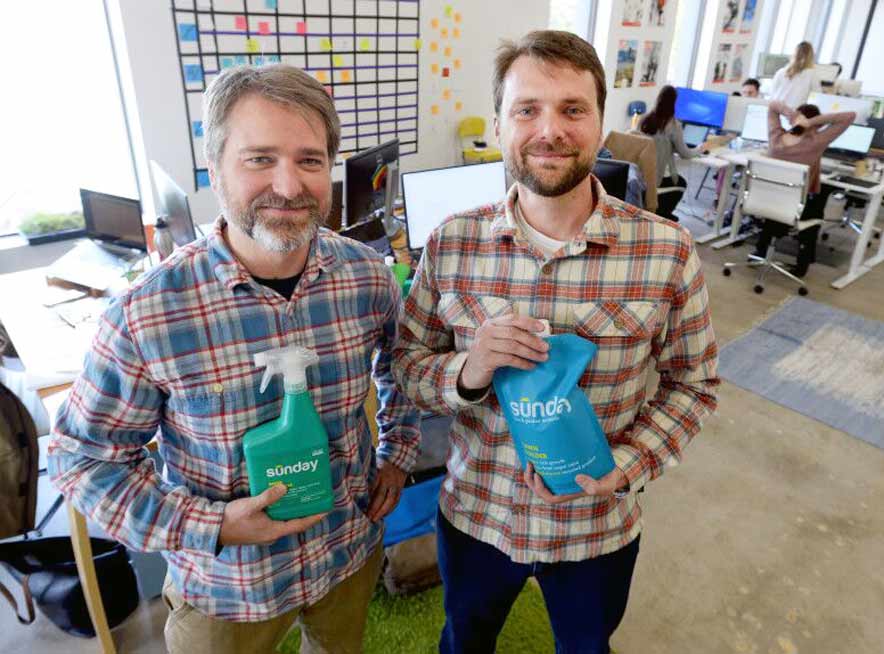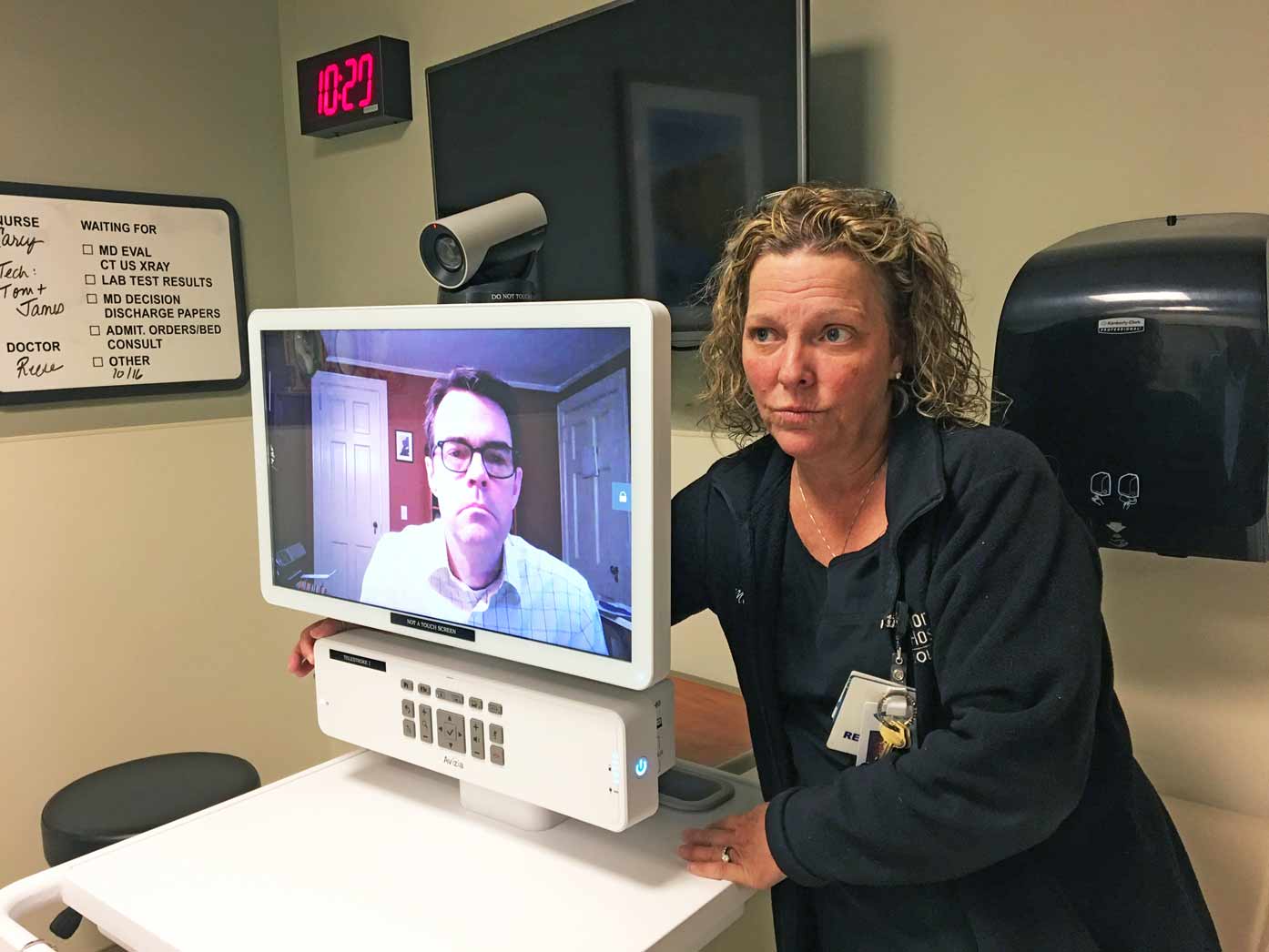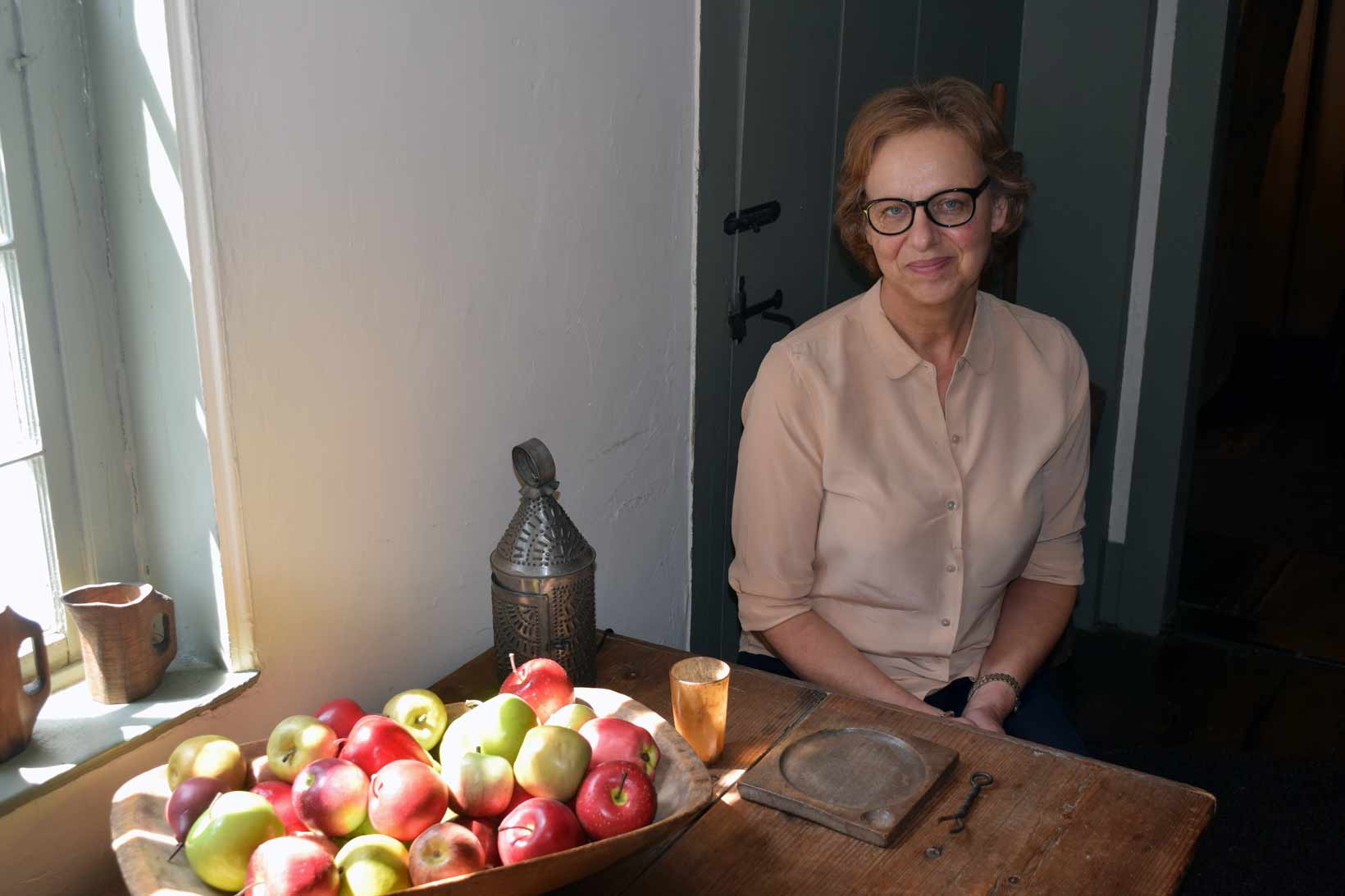
While he admits that it”™s “one giant leap” from popcorn to lawn care, Darien native and entrepreneur Coulter Lewis believes his latest venture can help revolutionize how Americans deal with their yards.
“There are 40 million acres of grass in the U.S. ”“ it”™s our third-largest crop,” Lewis said. “But while the food industry has changed over time, where there”™s more transparency and quality of ingredients, lawn care really hasn”™t changed since the 1950s.”
Enter Sunday, whose approach to lawn care eschews the toxic chemicals found in most of these products in favor of organic ingredients such as molasses, seaweed and recycled food waste. The result, Lewis said, is a richer soil and a more healthy lawn ”“ not just for the grass itself, but for children and pets who spend their days rolling around in the backyard.
“We have three sons, aged 3, 5 and 8, and a dog, who live in our yard,” Lewis noted of his family, which relocated to Boulder, Colorado about five years ago. “So when I saw all the pesticides and chemicals in the lawn care aisle at Home Depot, I thought there had to be a better way.”
Lewis”™ research found him initially experimenting with creating different fertilizers in his garage (“I”™m sure I was on every FBI watch list there is,” he joked), before he met Frank Rossi, a soil scientist and Cornell University professor, who helped develop Sunday”™s products and is the company”™s chief science officer.
“He helped me gain an understanding of how grass works,” Lewis said. “We talked about how a healthy lawn, a healthy golf course, an organic golf course works.”
Using detailed climate, soil and satellite data, based in part by the ZIP codes that customers supply, Sunday provides consumers with customized lawn care plans that take into account average temperatures and rainfall; most customers then receive three shipments a year of tailored products, a full soil test, and unlimited access to its customer support, with pricing starting at $129.
Sunday products can be applied to lawns of up to 10,000 square feet, partly because it takes about 30 minutes to spray such an area ”“ ease of use being one of the company”™s selling points. Larger lawn plans will be rolled out later this year.
As for application, Lewis said one simply attaches the Sunday bag to a garden hose and begins spraying. “What we”™re offering is a lot better than the brute force, blunt instrument approach” by larger lawn care conglomerates, he said, which take a “one size fits all” approach to grass; some 90 million pounds of pesticides are deployed each year.
“We do more of what a professional turf manager does,” Lewis said, noting that 30 commonly used pesticides will never be found in Sunday”™s products; fans of Diquat Dibromide and Imidacloprid will have to look elsewhere.
Founded in 2018 with the help of $3.2 million raised in a seed round led by San Francisco capital market firm Forerunner, Sunday officially launched its product in April. Lewis said sales have been surprisingly brisk, to the point where it was initially overwhelmed by the number of orders.
“The customers we”™re seeing are average Americans, running the whole gamut of home values, incomes and regions,” he said.
Some of the interest in Sunday came from consumers familiar with Quinn Popcorn (now Quinn Snacks), the “farm-to-bag” organic food company Lewis co-founded with his wife Kristy, also from Darien, who continues as Quinn CEO. The road to Boulder was something of a given, he said, as that city has been home to numerous natural food startups.
Still to come is a Sunday weed control product, designed to kill dandelions and other common plant annoyances without damaging the grass or, again, spreading toxic chemicals. While that line is now being included in some plans, Lewis said an a la carte weed control option should also be available by the end of June.





















